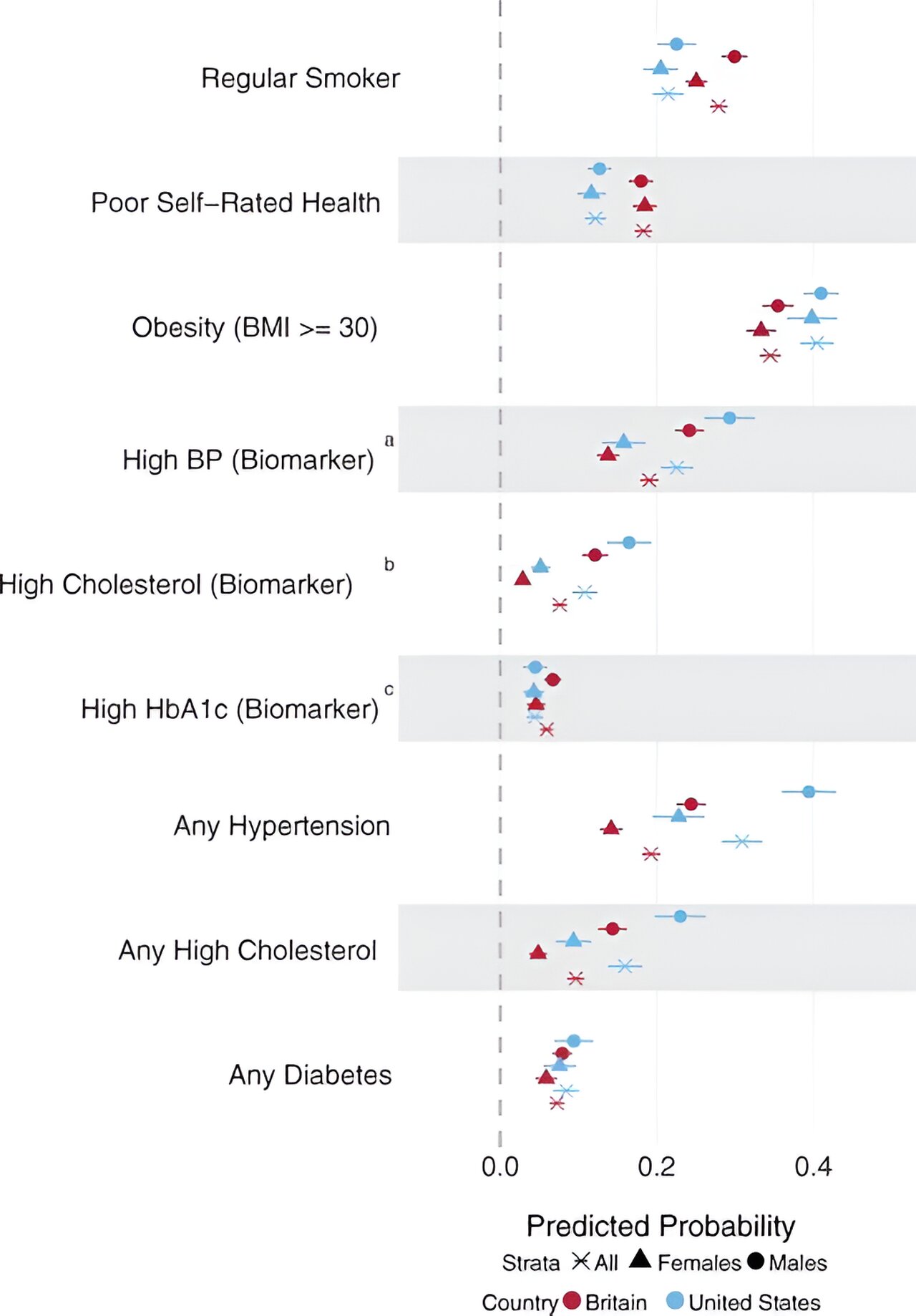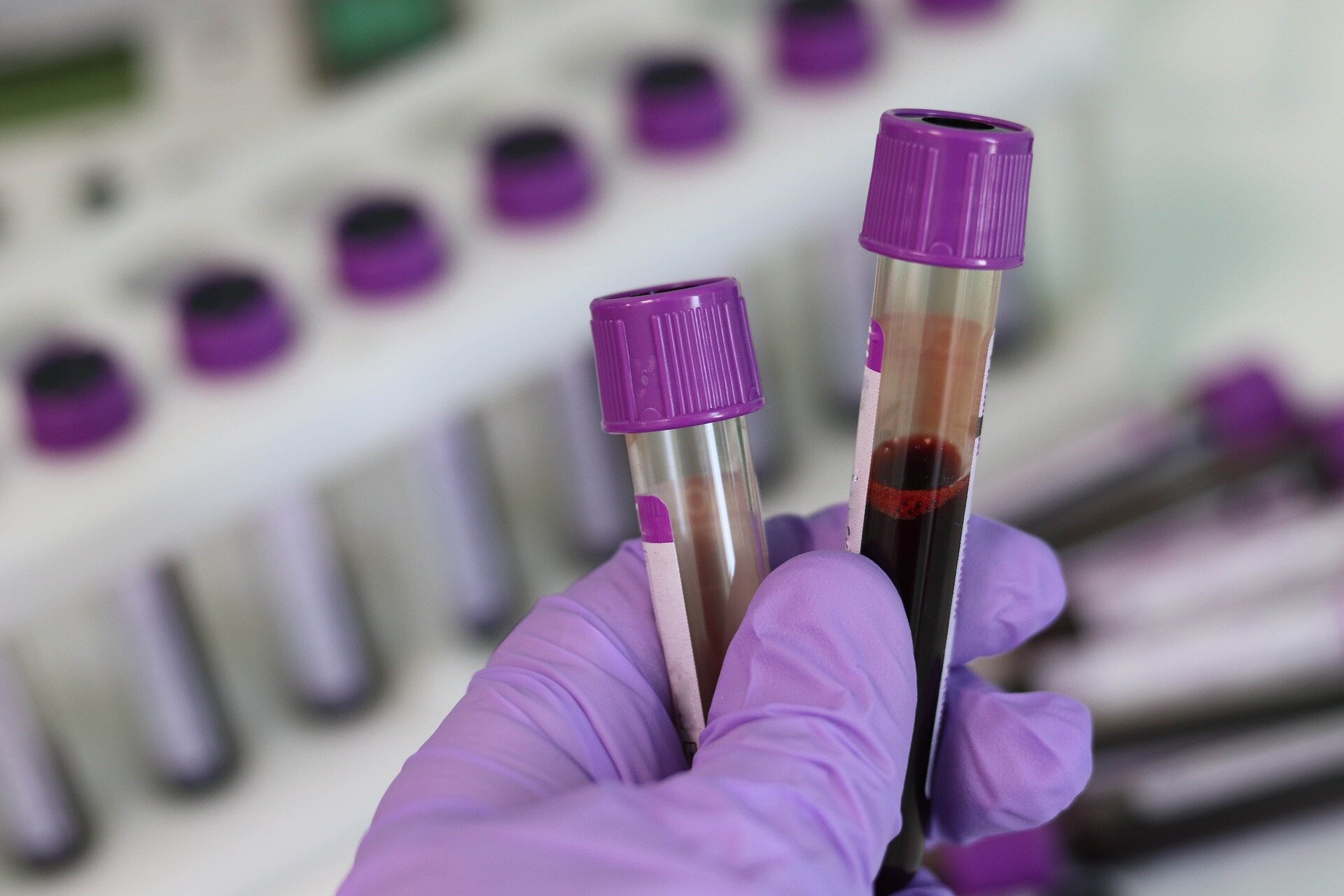COVID-19 is marked by heightened inflammation and abnormal clotting in the blood vessels, particularly in the lungs, and is believed to contribute to progression to severe disease and death. New trial results show that administering a full dose of a standard blood thinner early to moderately ill hospitalized patients with COVID-19 could halt the thrombo-inflammation process and reduce the risk of severe disease and death.
The study, led by investigators at St. Michael’s Hospital, a site of Unity Health Toronto, and the University of Vermont Larner College of Medicine, is available as a preprint on MedRxiv.
Heparin — a blood thinner given regularly at low dose to hospitalized patients — stops clots from forming and reduces inflammation. “This study was designed to detect a difference in the primary outcome that included ICU transfer, mechanical ventilation or death,” says Mary Cushman, M.D., M.Sc., study co-principal investigator and a professor of medicine at the University of Vermont’s Larner College of Medicine.
The open-label randomized international multi-center RAPID Trial (also known as the RAPID COVID COAG — RAPID Trial) examined the benefits of administering a therapeutic full dose of heparin versus a prophylactic low dose to moderately ill patients admitted to hospital wards with COVID-19.
The primary outcome was a composite of ICU admission, mechanical ventilation, or death up to 28 days. Safety outcomes included major bleeding. Primary outcome occurred in 37 of 228 patients (16.2%) with therapeutic full dose heparin, and 52 of 237 (21.9%) with low dose heparin (odds ratio [OR], 0.69; 95% confidence interval [CI], 0.43-1.10; p=0.12). Four patients (1.8%) with therapeutic heparin died vs. 18 (7.6%) with prophylactic heparin (OR, 0.22; 95% CI, 0.07-0.65).
“While we found that therapeutic heparin didn’t statistically significantly lower incidence of the primary composite of death, mechanical ventilation or ICU admission compared with low dose heparin, the odds of all-cause death were significantly reduced by 78 percent with therapeutic heparin,” says first author and co-principal investigator Michelle Sholzberg, M.D.C.M., M.Sc., Head of Division of Hematology-Oncology, medical director of the Coagulation Laboratory at St. Michael’s Hospital of Unity Health Toronto, and assistant professor at the University of Toronto.
Peter Jüni, M.D., co-principal investigator, director of the Applied Health Research Centre (AHRC) at St. Michael’s, and professor of medicine at the University of Toronto, says that the researchers also presented a meta-analysis of randomized evidence (including data from a large multiplatform trial of ATTACC, ACTIV-4a and REMAP-CAP), which clearly indicated that therapeutic heparin is beneficial in moderately ill hospitalized COVID-19 patients. He adds that an additional meta-analysis presented in the preprint showed that therapeutic heparin is beneficial in moderately ill hospitalized patients but not in severely ill ICU patients.
Another unique aspect of the RAPID Trial was its funding mechanism — a sort of grassroots effort in which support was gathered via Defence Research Development Canada, St. Michael’s Hospital Foundation, St. Joseph’s Healthcare Foundation, participating institutional grants, and even a GoFundMe campaign, among other sources.
“We called this trial ‘The Little Engine that Could,’ because of the sheer will of investigators around the world to conduct it,” says Cushman.
Sholzberg says, “We believe that the findings of our trial and the multiplatform trial taken together should result in a change in clinical practice for moderately ill ward patients with COVID-19.”


